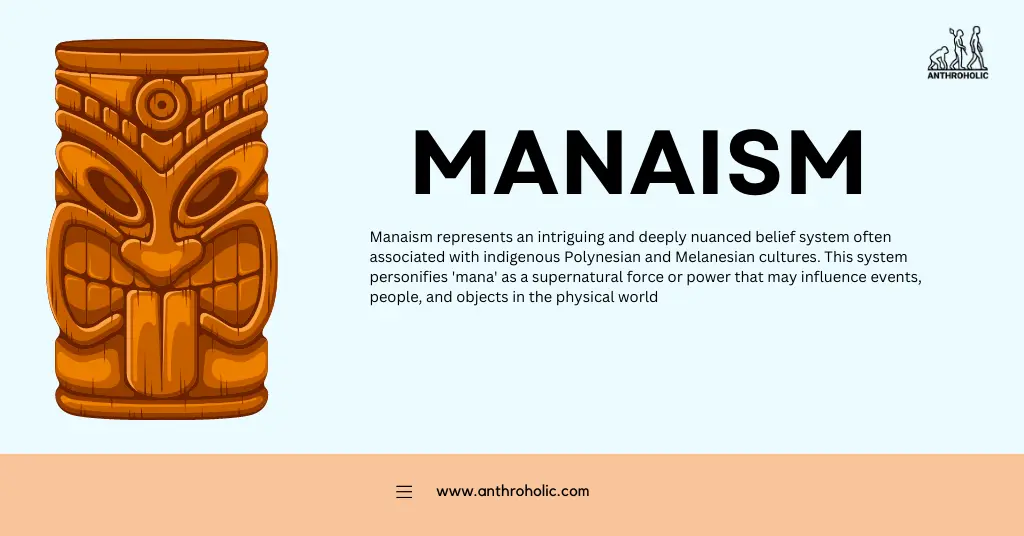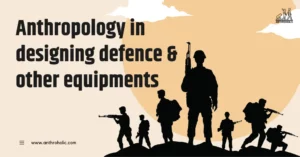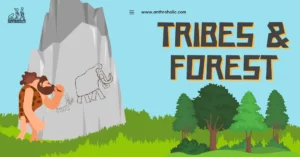AI Answer Evaluation Platform Live Now. Try Free Answer Evaluation Now
Manaism
Manaism represents an intriguing and deeply nuanced belief system often associated with indigenous Polynesian and Melanesian cultures. This system personifies ‘mana’ as a supernatural force or power that may influence events, people, and objects in the physical world [1].

Historical Background of Manaism
Origins and Spread
Believed to have originated within the Polynesian and Melanesian cultures, the concept of mana has permeated various Pacific Island societies, including the Maori in New Zealand, Hawaiians, Samoans, and Fijians. It forms an essential aspect of their traditional religion and worldview, signifying a universal, supernatural force [2].
Table 1: Spread of Manaism in Pacific Islands
| Culture Group | Region |
|---|---|
| Maori | New Zealand |
| Hawaiian | Hawaii |
| Samoan | Samoa |
| Fijian | Fiji |
Historical Importance
Historically, mana was seen as a divine endorsement that justified social stratification, with high-ranking individuals and families believed to possess a greater amount of mana [3]. It guided the division of social roles and responsibilities, with those possessing more mana often being leaders, warriors, or spiritual guides.
Understanding Mana: The Conceptual Framework
Mana is not easily defined, as it envelops various interpretations across different societies. However, three major aspects characterize it:
- Supernatural Force: Mana is often understood as an impersonal force present in all things and beings. It can influence events and imbue objects or individuals with supernatural abilities [4].
- Transference: Mana can be transferred or lost. Actions such as gift-giving may transmit mana, while certain transgressions or disrespectful behaviors can lead to its loss.
- Social Influence: The amount of mana one holds often impacts their social standing. More mana can elevate one’s status and respect in the community.
Contemporary Perspectives on Manaism
In the present day, while many Pacific Island cultures have seen a decline in traditional religious practices, the concept of mana continues to hold cultural significance. Contemporary interpretations of mana have evolved and been integrated into various areas:
- Sports: In team sports, ‘mana’ often represents collective strength, unity, or spirit.
- Politics: In political discourse, a leader with ‘mana’ is seen as having the moral authority or influence to lead.
- Environmental Stewardship: Mana is invoked in discussions around the respectful interaction with the natural world, highlighting the interdependence of humans and nature.
Manaism in Comparative Religion
Comparative religion studies reveal similarities between mana and concepts in other global faiths, such as the Chinese ‘qi’, the Indian ‘prana’, or the Western ‘aura’. Despite differences in cultural contexts, these concepts all emphasize a universal life-force, highlighting shared understandings of the supernatural across diverse cultures.
Conclusion
Manaism, with its profound belief in the omnipresent supernatural force, provides a fascinating exploration of human understanding of the spiritual and natural world. As we appreciate its historical significance and contemporary interpretations, we also acknowledge the rich cultural diversity of our global community.
References
[1] Codrington, R. H. (1891). The Melanesians: Studies in their Anthropology and Folklore. Clarendon Press.
[2] Tcherkézoff, S. (2004). First Contacts in Polynesia: The Samoan Case (1722-1848), ANU Press.
[3] Sahlins, M. (1985). Islands of History, University of Chicago Press.
[4] Keesing, R. M. (1984). Rethinking “mana”, Journal of Anthropological Research.




